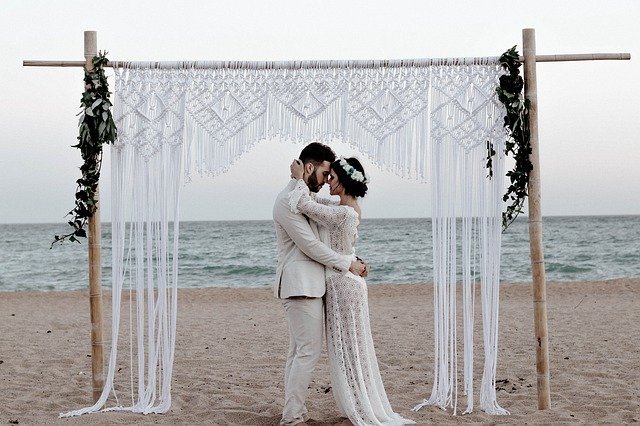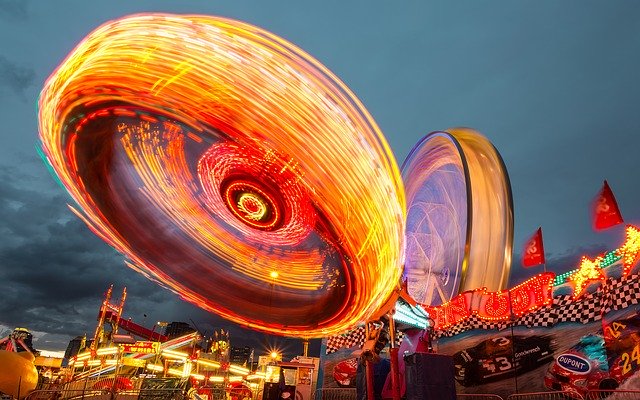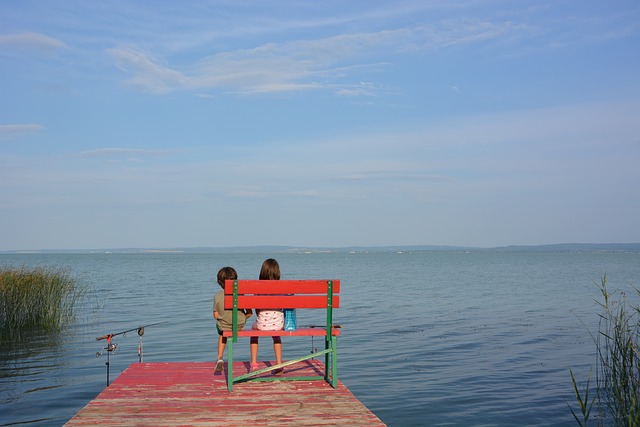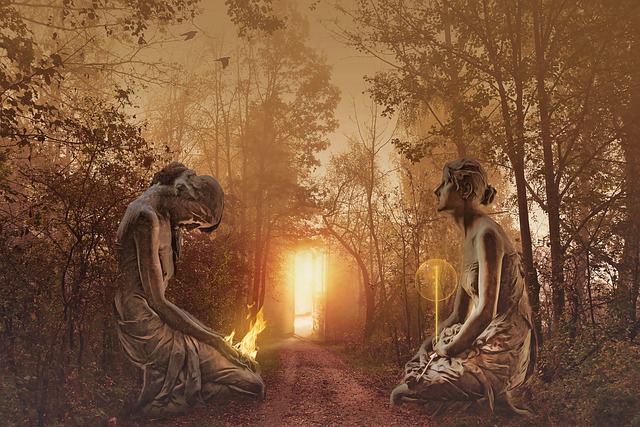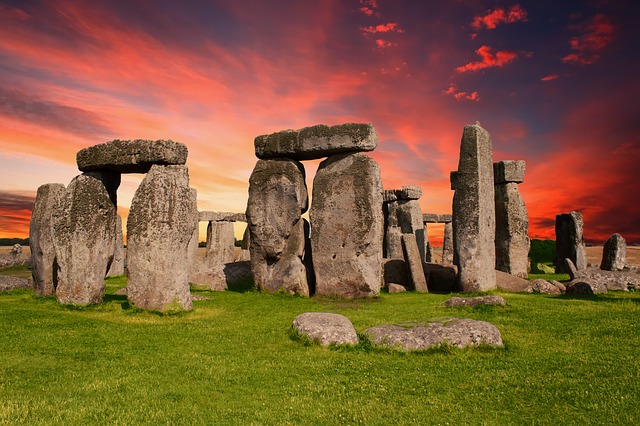FESTIVALS and CELEBRATIONS
The topic of Festivals and celebrations explores the range of events ordinarily celebrated by a community and those organized by people to celebrate something that has happened (like births, etc.)
To celebrate means to mark a special day, event or holiday. People celebrate birthdays, holidays, historical events, etc. In English the verb 'to celebrate' is used for festive, happy occasions. 'To observe' is used for more solemn events or ceremonies.
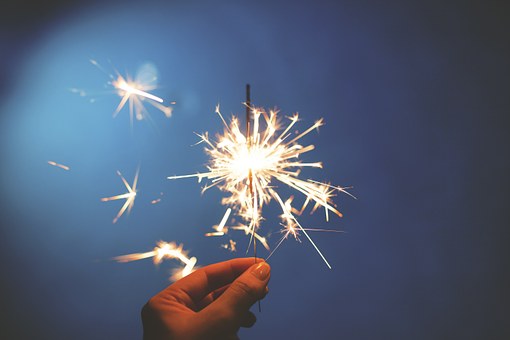
Students will be offered opportunities to communicate about the topic of Festivals and celebrations, by looking at examples of personal, local, national and global interest in a range of subtopics:
- Family celebrations (birthdays, weddings, etc)
- Festivals (carnival, folk, religious, etc.)
- Holidays: national, public, religious
- Rites of passage
- Traditions
By being exposed to a variety of text types in relation to Festivals and celebrations, students will be challenged to compare the target language and culture(s) to other languages and cultures, as well as to other disciplinary areas in the DP.
Through a variety of subtopics students will also be invited to answer a range of questions in the context of the study of daily routine, like the following:
How are customs and traditions similar or different across cultures?

